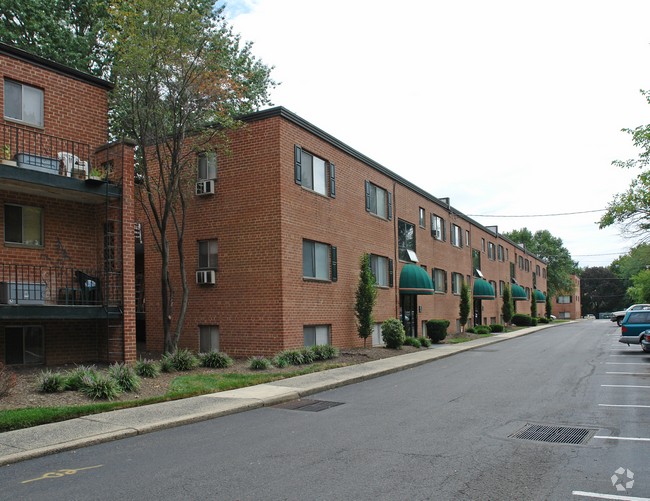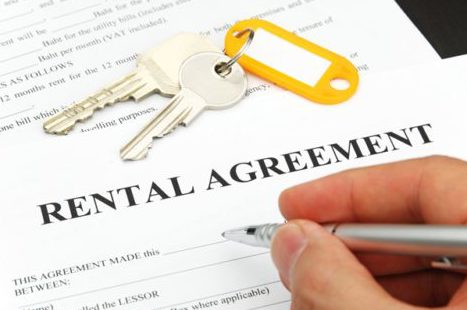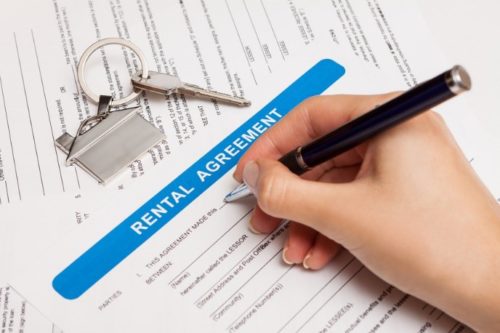You just closed on your first residential rental property. What now? Here’s a quick checklist to make sure your property is ready to rent.
Buy property and liability insurance.
You should have contacted an insurance broker before closing on the property, but if not, do it now. A comprehensive landlord insurance policy will protect you from many kinds of losses, including damage to the property caused by fire or vandalism. Make sure you are covered for “general liability,” covering injuries or losses suffered by tenants or visitors at the rental property.
Switch over utility bills.
Put the utilities into your name and make sure they are active even before the property is occupied. It will be hard to rent your place if the electricity is off! Once you’ve chosen someone to rent out the property, you can switch all or some of the utilities to the tenant’s name.
Call the tax collector.
Contact your city manager’s office and find out what department handles tax and water bills. You want to make sure these bills are sent to your mailing address, not the rental property (unless the address is the same). If the bills aren’t sent to the correct address, you could miss a payment and get hit with interest charges, or worse, a lien on your property, before you are even aware of it.
Continue reading →
Tags:
Landlord Information,
Tenant Information

















